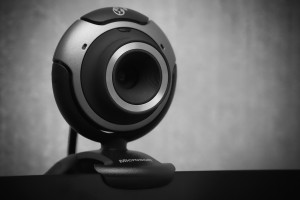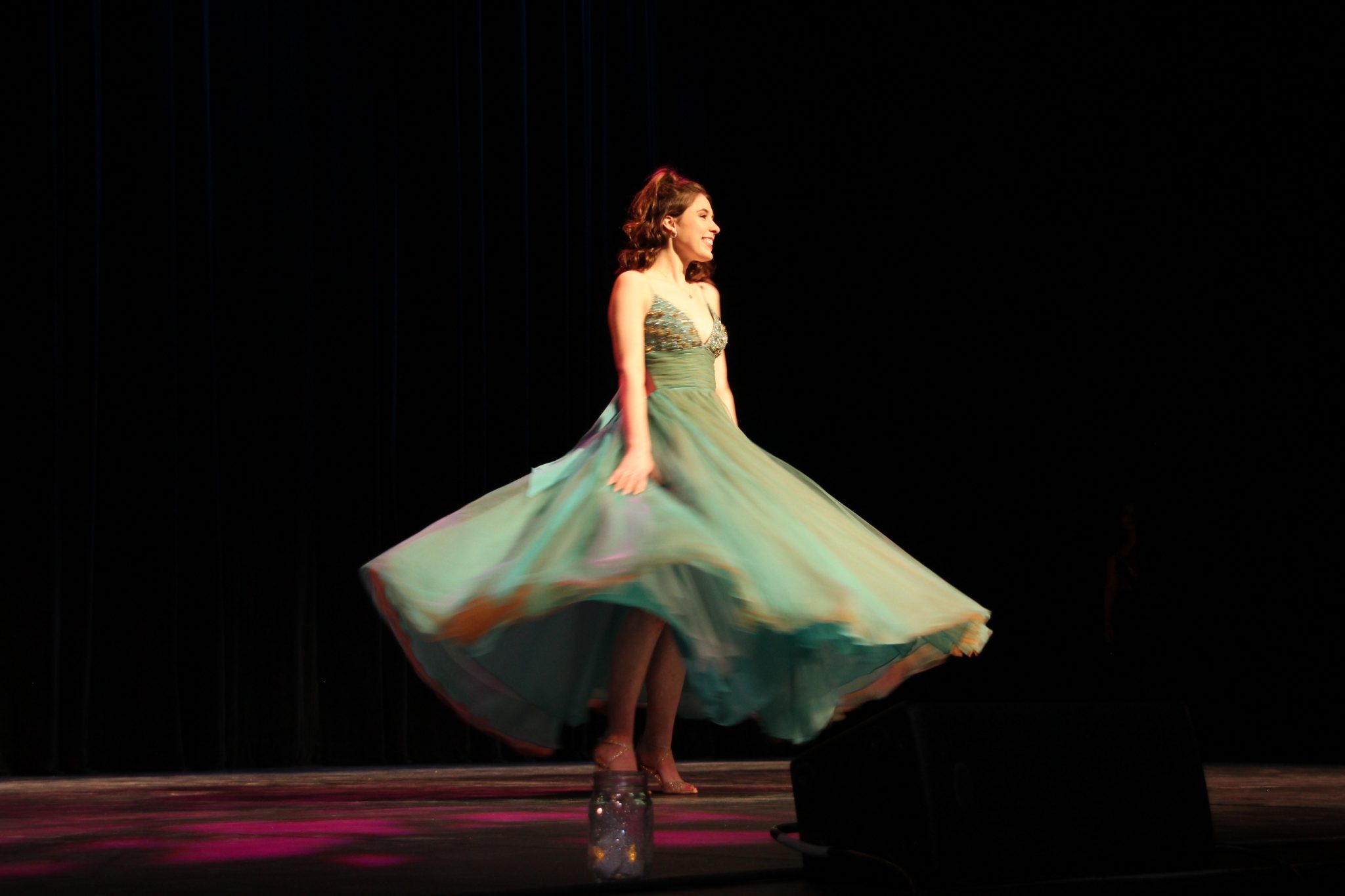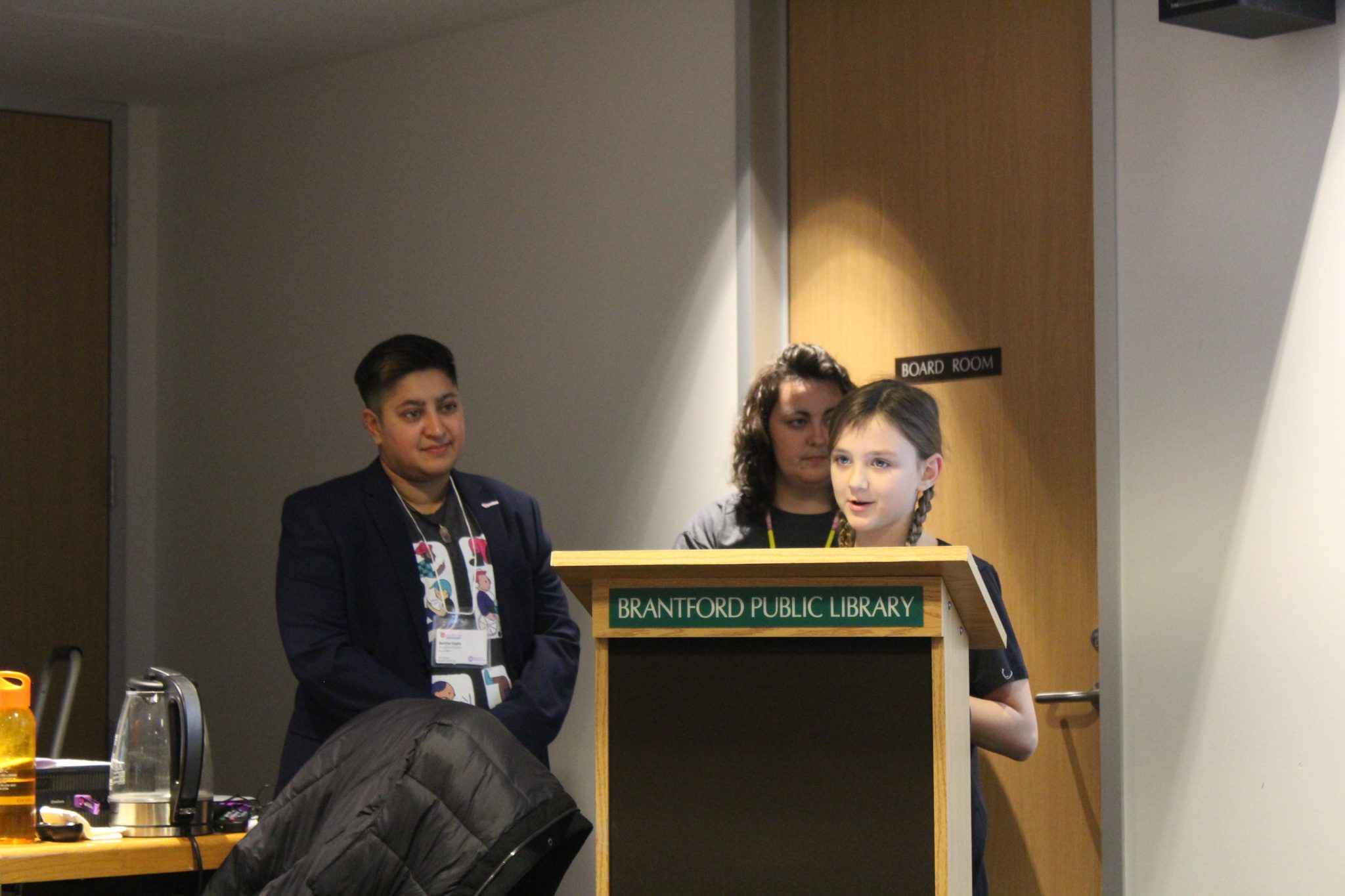
For just over a year, Wilfrid Laurier University has been using a program called Respondus Lockdown Browser to ensure that students do not look up answers while writing online tests.
In response to the need for new limitations around online tests, the Centre for Teaching Innovation and Excellence at the university is now piloting a new project that takes online testing one step further by enabling webcams and microphones to monitor students who are writing online examinations.
While online proctoring has been available for students who were not able to attend exams on campus in the past, it has always been an optional service. This spring, the Online & Continuing Studies department has implemented mandatory proctored online midterms in three classes, at the professor’s’ discretion.
“We are currently doing a pilot with Respondus,” says Mary Scott, Manager of Educational Technology. The new program, called Respondus Monitor, records what students are doing, asks for proof of identification, display of surroundings and records video throughout the exam. The purpose of this program is to maintain academic integrity, which is sometimes lost with online examinations.
The staff at the Centre for Teaching Innovation and Excellence state, “At the moment, we have no way to know if the person who is actually typing on the computer is the person who is actually supposed to be writing the exam.” Academic integrity is a priority for both the university to maintain its credibility and ensure equality among students.
While it is the goal of the university to maintain academic integrity, some students feel cheated. According to Daniel Seivwright, a student in one of the pilot classes, students were not given the option to participate in this program and he only found out that he was going to be recorded approximately 20 minutes before the start of the exam.
He states, “I think it’s unnecessary, really. And not even that, it’s a violation of our privacy. As soon as you turn on the computer, you have to show your whole room around you. It’s like having a teacher sit behind you the whole time while you’re writing an exam, nobody wants that.”
However, the staff at the Centre for Teaching Innovation and Excellence say that it’s no different than writing an exam in person, because you would have to show up and provide identification anyways.
While the premise may be similar, the experience is still very different. Many students choose to write their online tests and examinations at home, many in their bedrooms. The University staff say that, “They can write it wherever they want, they can go to a public place and write it there…they can go to a lab at the university, choosing to write in their home is their choice.”
Seivwright rebuts, “If I go to school, there’s no webcams on the computers…it’s more accessible and easier for me to do it at home. The webcam is also recording audio too, so it’s not like you can even be in a coffee shop or anything like that.” The issue of a reliable Internet connection also must be taken into account when choosing a location to write.
The university still has yet to determine the efficacy of the new program. Permanent implementation will depend on feedback given from professors using the program, who will be the ones screening the videos to check for academic misconduct.
While this program may make online courses more accessible for those who do not want to travel to campus to write tests, it may also act as a deterrent for other students. Seivwright states, “There are people messaging me about it, asking me what class it is, cause they’re like ‘I’m not taking that class.’”
[polldaddy poll=8142284]




